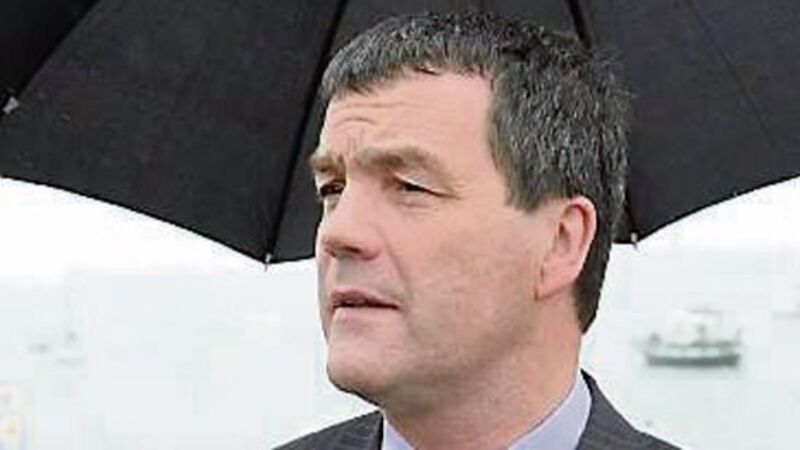Reform must begin in Dáil and include civil and public service

“Authority” is a word being bandied about this week in talks about talks on the formation of a new government. What authority means, lest there be any doubt, is control.
What is at stake is not just who is in government, it is how government is done.















